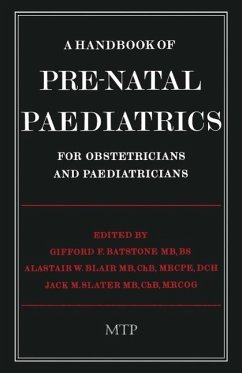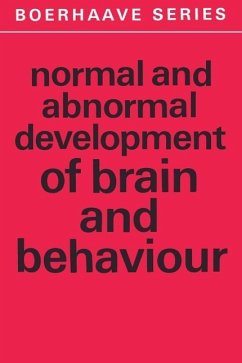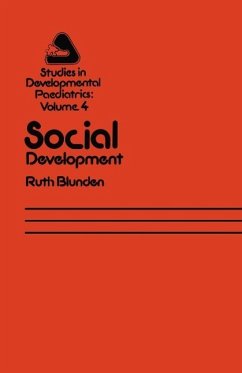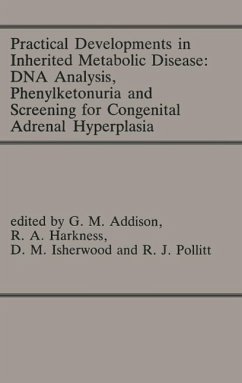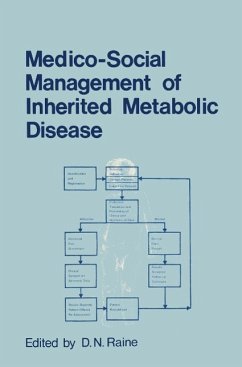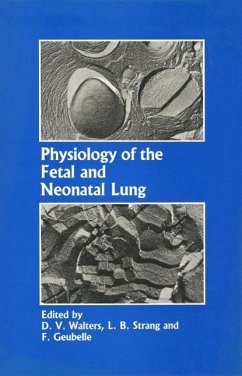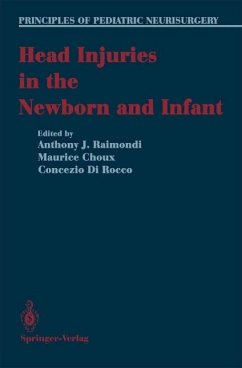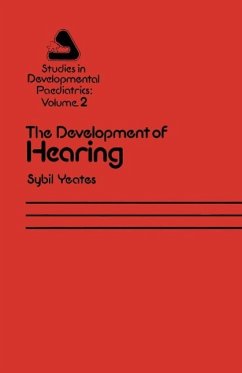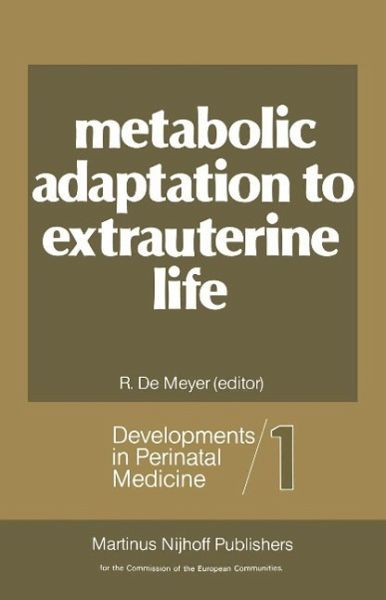
Metabolic Adaptation to Extrauterine Life (eBook, PDF)
The antenatal role of carbohydrates and energy metabolism
Redaktion: De Meyer, R.
Versandkostenfrei!
Sofort per Download lieferbar
40,95 €
inkl. MwSt.
Weitere Ausgaben:

PAYBACK Punkte
20 °P sammeln!
th th st . On December 19 ,20 and 21 1979, we had the opportunlty to organize a Workshop on "Antenatal factors affecting meta bolic adaptation to extrauterine life - Role of carbohydra tes and energy metabolism". This meeting was made possible thanks to grants from the Committee of Medical Research and Public Health (CRM) of the Commission of European Communi ties. We want to express our warmst gratitude for the effort that has been made and we hope that the exchange of information between the participants will allow better understanding of the mechanism of adaptation to extrauterine life and ...
th th st . On December 19 ,20 and 21 1979, we had the opportunlty to organize a Workshop on "Antenatal factors affecting meta bolic adaptation to extrauterine life - Role of carbohydra tes and energy metabolism". This meeting was made possible thanks to grants from the Committee of Medical Research and Public Health (CRM) of the Commission of European Communi ties. We want to express our warmst gratitude for the effort that has been made and we hope that the exchange of information between the participants will allow better understanding of the mechanism of adaptation to extrauterine life and that the conclusions drawn will contribute to a better care of the newborn. Adaptation to extrauterine life is one of the most impor tant steps in life. At the moment of birth, numerous conditions are drastically changed and in order to survive the newborn has to rely upon new sources of energy and of substrates. This switch over has to occur smoothly and any adaptation failure will result in the disturbance of impor tant metabolic functions. Mortality and morbidity in neo natal period remain still very high in comparison with the figures observed later in life; the reduction of mortality has been much more important in child and adult than in neonates.
Dieser Download kann aus rechtlichen Gründen nur mit Rechnungsadresse in A, B, BG, CY, CZ, D, DK, EW, E, FIN, F, GR, HR, H, IRL, I, LT, L, LR, M, NL, PL, P, R, S, SLO, SK ausgeliefert werden.




